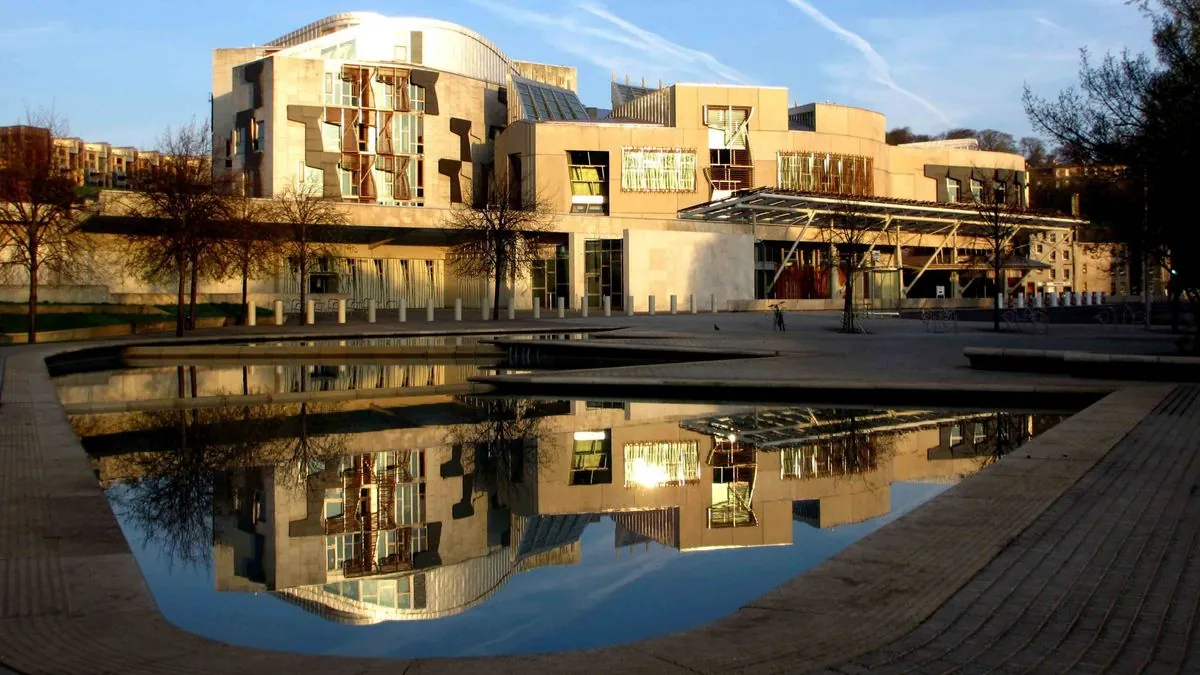Conservative Party's Identity Crisis: A Struggle for Relevance
The UK's Conservative Party faces a critical moment as leadership candidates fail to inspire at the party conference. The lack of a clear economic vision and compelling conservative ideology raises questions about the party's future.

The Conservative Party, the UK's oldest political party founded in 1834, finds itself at a crossroads. As the party gathers for its conference in Birmingham, the atmosphere is far from the vibrant political arena one might expect. Instead, the mood is somber, reflecting the party's struggle to define its purpose and direction in a rapidly changing political landscape.
The conference, held at the Birmingham International Convention Centre, which has been hosting political events since its opening in 1991, feels more like a wake than a platform for invigorating debate. The usual buzz of political maneuvering has been replaced by a sense of uncertainty and disillusionment.
Leadership candidates, once seen as potential saviors, are failing to ignite enthusiasm among party members. Kemi Badenoch, who emerged as a promising figure during the 2022 leadership contest, has struggled to transition from a cultural warrior to a unifying leader. Her recent comments on maternity pay, a system introduced in 1975, have been particularly controversial, especially given the UK's declining fertility rate, which stood at 1.58 children per woman in 2020.
Similarly, Robert Jenrick's transformation from a moderate "Cameroonian" to an anti-immigration hardliner has raised eyebrows. His focus on leaving the European Convention on Human Rights (ECHR), a treaty in force since 1953, seems misplaced given the party's past failures in immigration policy.
The party's economic vision, or lack thereof, is particularly concerning. Despite Brexit officially occurring on January 31, 2020, the Conservatives seem to have abandoned the idea that it could play a significant role in Britain's economic resurgence. The UK's potential as an AI superpower, with the sector estimated to be worth £15.6 billion as of 2022, appears to be slipping away as other countries make rapid advancements.

The shadow of past economic failures looms large. The 2008 financial crisis, the most severe downturn since the Great Depression, and the controversial mini-budget of 2022 have tainted the party's reputation for economic competence. Liz Truss's brief 45-day tenure as Prime Minister in 2022 serves as a stark reminder of the risks associated with radical economic policies.
In this context, it's perhaps unsurprising that James Cleverly, who became the first black chairman of the Conservative Party in 2019, emerges as a popular centrist option. However, his appeal seems to stem more from a desire for stability than from any compelling vision for the country's future.
The Conservative Party, which has been in power since 2010 and had five different leaders since 2016, faces a fundamental question about its reason for existence. As the political landscape shifts and new challenges emerge, the party must find a way to articulate a modern conservative vision that resonates with voters.
The transition from a "freedom civilization" to a "security civilization" in the West presents both challenges and opportunities for conservative thought. However, the party seems ill-equipped to navigate this shift, struggling to balance traditional values with the demands of a changing society.
As the conference concludes, the Conservative Party must confront its identity crisis head-on. Without a clear purpose and a compelling vision for the future, it risks becoming increasingly irrelevant in British politics. The party that once boasted leaders like Margaret Thatcher, the longest-serving British prime minister of the 20th century, must now find a way to reinvent itself for the challenges of the 21st century.
"We have no divine right to exist, but we must find an infernal reason to persist. Our party's history demands nothing less."
The coming months will be crucial for the Conservatives. As they navigate this period of uncertainty, the party must rediscover its core principles and articulate a vision that speaks to the aspirations and concerns of the British people. Only then can it hope to regain its footing and continue its long history as a significant force in UK politics.


































